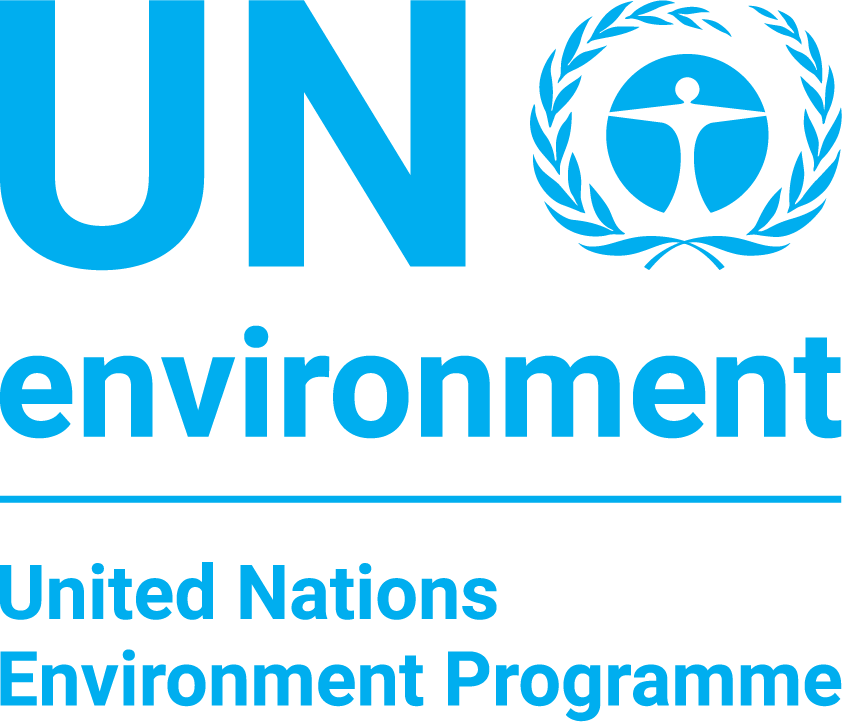Tennis World Unites in Fight against Climate Change - All four of the world's Grand Slam tournaments are joining UN's Sports for Climate Action Framework.

Tennis World Unites in Fight against Climate Change
All four of the world’s Grand Slam tennis tournaments are uniting in the fight against climate change by joining the Sports for Climate Action Framework.
Yesterday, the United States Tennis Association (US Open) and the All England Lawn Tennis Club (Wimbledon) announced their joining the Framework and today, Tennis Australia (Australian Open) also confirmed it would join.
The French Tennis Federation Roland Garros is celebrating its active participation in the Framework at a special event in Paris on Wednesday, together with the UN, other tennis federations and key stakeholders and sponsors.
Welcoming all four Grand Slam Tournaments to the Sports for Climate Action Framework, UN Climate Change Executive Secretary Patricia Espinosa said:
“The engagement of the tennis world is very valuable for this initiative. We need everyone on board. It takes the combined efforts of all sectors of society, including business. Including sports. Including tennis”, the UN’s top climate change official said. “That’s the key behind UN Climate Change’s Sports for Climate Action movement. It invites all sports organizations to embrace the climate agenda, regardless of where they are in their climate journey”.
The Sports for Climate Action initiative targets two main objectives, namely to achieve a clear trajectory for the global sports community to combat climate change and to use the sports sector as a unifying tool to drive climate awareness and action among global citizens. Signatories to the Framework, including these 3 Grand Slam tournaments, commit to five clear principles:
- Undertake systematic efforts to promote greater environmental responsibility
- Reduce overall climate impact
- Educate for climate action
- Promote sustainable and responsible consumption
- Advocate for climate action through communication
These principles, when translated into actions, can mainstream the integration of the climate dimension into the world of sports, thereby engaging a very wide public, and helping to foster a groundswell of climate action. Thus, the Sports community can do its part to contribute towards the goals of the Paris Climate Change Agreement.
“In the face of the climate crisis urgency, we must combine our strengths and generate peer-pressure with other events – especially the four Grand Slams, including athletes, partners, and all of our stakeholders”, said Roland Garros President Bernard Giudicelli.
James Grabert, Director of the Sustainable Development Mechanisms and Global Climate Action also highlighted the excellent example set by Roland Garros, Wimbledon, the U.S. Tennis Open and the Australian Open, not only for the sports sector but for all people, stressing the importance of the sports spirit as a unifying catalyzer for human action.
“What the tennis and other sports sectors are dong in the fight against climate change is a model of collaboration: it is what is required from all sectors and industries to truly have an impact, and inspire other industries to mobilize. We at UN Climate Change are helping to provide the necessary guidance and advice through the Sports for Action Framework.”
In a further boost to the Sports for Climate Action Framework, the World Surf League yesterday announced it would become carbon neutral globally by the end of 2019.
Read the relevant announcement by the United States Open Tennis Championships here: https://www.usta.com/en/home/stay-current/national/usta-signs-united-nations--sports-for-climate-action-framework.html
and the press release from the All England Lawn Tennis Club here: https://www.wimbledon.com/en_GB/news/articles/2019-06-04/wimbledon_pledges_commitment_to_united_nations_sports_for_climate_action_framework.html
Plus the press release from the World Surf League here: https://www.worldsurfleague.com/posts/397508/the-world-surf-league-leads-the-way-for-global-professional-sports-by-becoming-carbon-neutral-and-eliminating-single-serve-plastics
For further information, or to join the Sports for Climate Action Framework, contact Lindita Xhaferi-Salihu, at LXhaferi-Salihu[at]unfccc.int or +49 (0)228-815-1076.
Media contact: Judith Adrien, UN Climate Change, JAdrien[at]unfccc.int
About the UNFCCC
With 197 Parties, the United Nations Framework Convention on Climate Change (UNFCCC) has near universal membership and is the parent treaty of the 2015 Paris Climate Change Agreement. The main aim of the Paris Agreement is to keep a global average temperature rise this century well below 2 degrees Celsius and to drive efforts to limit the temperature increase even further to 1.5 degrees Celsius above pre-industrial levels. The UNFCCC is also the parent treaty of the 1997 Kyoto Protocol. The ultimate objective of all agreements under the UNFCCC is to stabilize greenhouse gas concentrations in the atmosphere at a level that will prevent dangerous human interference with the climate system, in a time frame which allows ecosystems to adapt naturally and enables sustainable development.
See also: http://unfccc.int
Follow UNFCCC on Twitter: @UNFCCC| Español: @CMNUCC| | Français: @CCNUCC | Deutsch: @UNKlima,
UNFCCC Executive Secretary Patricia Espinosa on Twitter: @PEspinosaC
UNFCCC on Facebook: facebook.com/UNclimatechange
UNFCCC on LinkedIn: UNFCCC
UNFCCC on Instagram: @UNFCCC
5 June 2019





